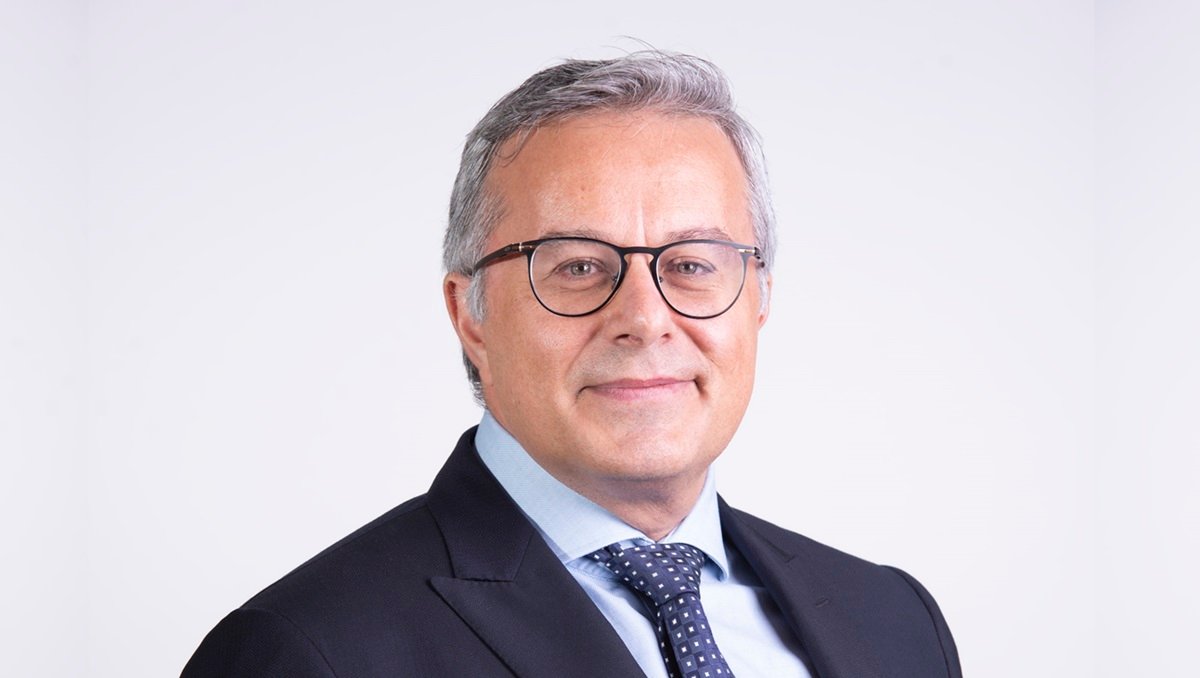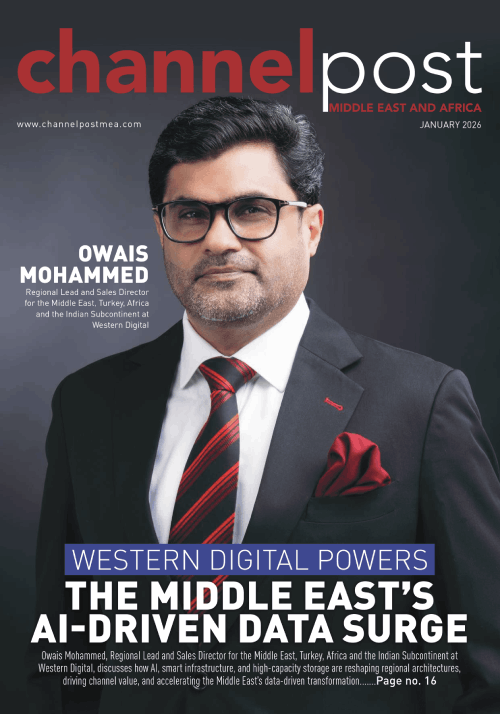Can you provide an overview of the key findings from HP’s latest Sustainable Impact Report?
The report revealed the enthusiasm among global leaders to use technology and AI to advance key impact goals. 76% of business and government leaders believe technology is key to enabling traditionally excluded populations to participate in the economy. Further, business leaders are either already using AI or plan to in the next 1-2 years for goals such as increasing access to digital education (90%), workforce development (89%), and workforce diversity (86%).
What specific sustainability goals has HP Middle East achieved recently?
As part of HP’s commitment to accelerate digital equity for 150 million people globally by 2030, we conducted the GameOn with HP Gaming Garage Hackathon in both the UAE and Saudi Arabia, in May. The hackathon aimed to foster creativity and innovation among aspiring game developers. Through these programs, participants gain practical experience and mentorship, preparing them for success in the gaming and esports industries.
How does HP Middle East contribute to the global sustainability objectives outlined in the report? How do your sustainability initiatives align with HP’s broader social impact and sustainability goals?
At HP Middle East, we contribute to global sustainability objectives by making sure that we address the key pillars of our Sustainable Impact agenda; 1) Climate Action 2) Human Rights 3) Digital Equity. We do this through innovating our products for a more circular economy, building a culture of equality and empowerment within HP and beyond, as well as accelerating equitable access to education. It is imperative for these initiatives to be aligned with HP’s broader social impact and sustainability goals. They contribute to HP’s global commitment to create positive societal change through innovative solutions that promote economic, environmental, and social progress. We also form local partnerships that align with our global commitments so that we are benefiting the communities that we operate in.
Can you elaborate on HP’s efforts to bridge the digital divide in the Middle East, particularly through initiatives involving AI?
Bridging the digital divide in Middle East is a key aspect of HP’s Sustainable Impact agenda. Through the HP Cambridge EdTech Fellowship which aims to enhance educators’ policy formulation skills and edtech understanding to improve local education systems, HP supported the Gulf countries that contributed the second cohort of fellows. We also have the HP IDEA initiative, which focuses on fostering digital pedagogy for Arabic-speaking educators.
How has the HP LIFE programme impacted communities in the Middle East?
HP LIFE is a free online training platform designed to help people globally gain the skills they need to succeed in the digital economy. At present, there are 1.2 million users enrolled since 2016, and over 180,000 of the users are from the Middle East.
What is the HP AI in Social Impact Award, and how does it support local communities in the Middle East?
The Award provides technology designed for building and running AI applications, to social entrepreneurs and organizations that use AI to advance education, healthcare, and economic opportunities in communities globally.The recipients of this year’s award are Fetosense by CareNX Innovations, Livox International, and Mapeo by Digital Democracy. These organizations are impacting the lives of people around the world, including those in the Middle East, with their innovative AI-enabled solutions that address education, healthcare, and accessibility challenges.
What makes HP’s next-gen AI PCs unique, and how are they leveling the playing field in terms of access to advanced technology?
Our next-gen AI PCs which are powered by Window 11 Pro and Microsoft Copilot in Windows 11, integrate advanced AI capabilities directly into daily use, making cutting-edge technology accessible to users. This levels the playing field by ensuring that users are empowered with increased efficiency and productivity, no matter the level of technical expertise or knowledge they possess.
What is HP’s vision for the future of AI in the Middle East, particularly in fostering digital equity?
We believe that the core of fostering digital equity in the Middle East, is democratizing access to advanced technology. HP’s vision for the future of AI focuses on equipping individuals and businesses across the Middle East with access to, and the knowledge of utilizing, AI-driven solutions. These solutions can lead to improved productivity, innovation and inclusivity in digital transformation efforts.
How does HP plan to ensure that the benefits of AI are accessible to underserved communities in the region?
HP invests in digital literacy programs such as HP LIFE, partnering with local organizations for technology access, and developing user-friendly AI solutions. Most importantly, the company pursues impactful programs, strategic investments, and partnerships that prioritize those most likely to experience the digital divide – women and girls, people with disabilities and aging population, historically disconnected and marginalized groups, educators, and healthcare practitioners.
What long-term strategies does HP have in place to maintain and enhance its commitment to sustainability and social impact in the Middle East?
We are undertaking new initiatives to expand responsible access and use of AI, as part of our digital equity efforts. We will expand our HP LIFE course offerings by releasing a new course on AI skills. We will also continue to run the HP AI in Social Impact Award, enabling organizations to innovate and scale their AI solutions to create lasting impact in communities across the region.
How does HP collaborate with local governments, NGOs, and other stakeholders to advance its sustainability and social impact goals in the Middle East?
HP gains valuable insight through regular engagement with a range of stakeholders, including local governments, NGOs, employees, investors, industry bodies, and sector experts. These interactions build our collective intelligence, help us prioritize critical issues, and provide insights into emerging opportunities and risks. Appropriate stakeholders are then identified based on factors such as expertise, reputation and location.
Can you discuss any notable partnerships that have significantly contributed to HP’s impact in the region?
HP collaborated with AMD to launch the HP Gaming Garage at Rochester Institute of Technology, Dubai, in 2021. Students can use the facility to study and create, using the cutting-edge PCs, monitors, and peripherals available. They can also participate in curated programs and industry encounter sessions to gather insights and network and participate in competitions like online gaming tournaments and hackathons.
How does HP measure the success of its social impact and sustainability initiatives?
In our latest Sustainable Impact Report, we have outlined quantifiable goals across all the three key pillars of our Sustainable Impact agenda – climate action, human rights, and digital equity. The report highlights our progress as of 2023 – for all the goals that we have indicated – showcasing our successes and identifying areas for continued effort to meet our objectives.












